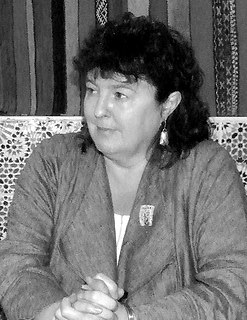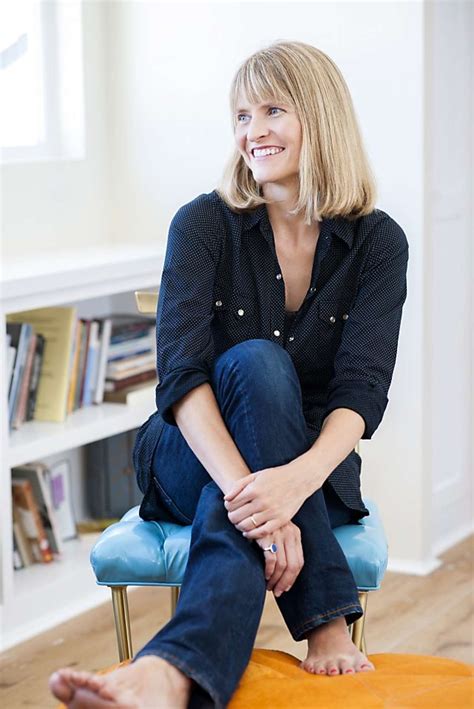A Quote by Michael Longley
I don't know where the shape of a poem comes from. I certainly don't impose it. I write out of a jumble of emotions and vague notions and scraps of knowledge. At some stage a form or, rather, a shape mysteriously emerges.
Related Quotes
The soul is the form of the body, but not as the shape of a statue is formatio et terminatio materiae, for form does not exist apart from material. There is no whiteness without a white object. But the soul is not a form in this simple sense, and in particular, is not the shape of the material it informs. Therefore, the shape of a being does not affect the being's soul, for then something lower would inform something higher, which is impossible.
People who are very aware that they have more knowledge than the average person are often very unaware that they do not have one-tenth of the knowledge of all of the average persons put together. In this situation, for the intelligentsia to impose their notions on ordinary people is essentially to impose ignorance on knowledge.
For me, form is something I locate in the process of writing the poems. What I mean is, I start scribbling, and then try to form the poem - on a typewriter or on my computer - and, by trial and error, try to find the right shape. I just try to keep forming the poem in different ways until it feels right to me.
I think a more complex idea of fiction - and the human self's relationship with the world - emerges when we abandon this philistine equation between literature and liberalism and human goodness, and pay some attention to the darker, ambiguous, and often muddled energies and motivations that shape a work of art. If we do this, we can appreciate a writer like Céline or Gottfried Benn without worrying whether they conform to existing notions of political incorrectness.







































